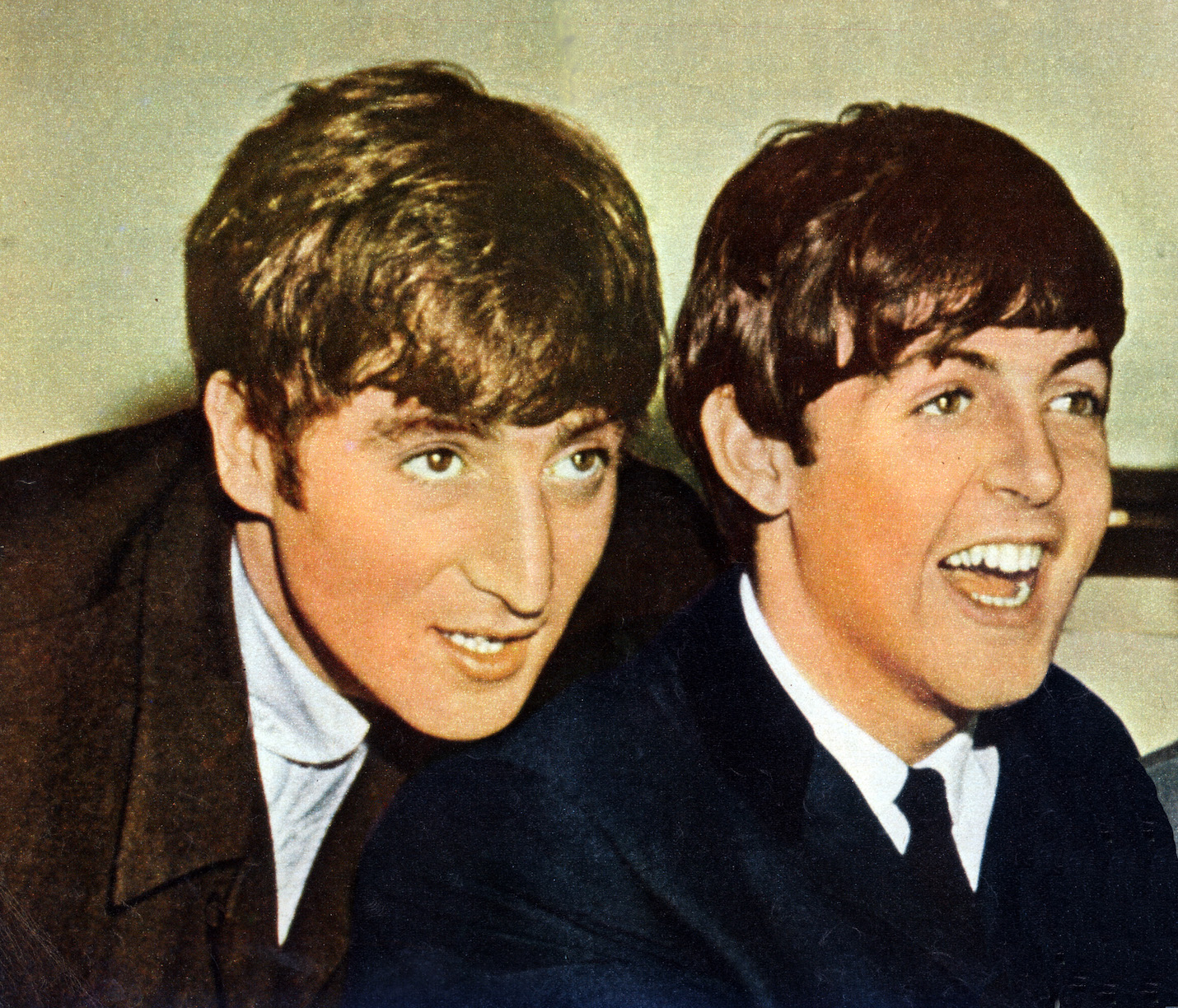As The Beatles’ chief songwriters, John Lennon and Paul McCartney stood firmly on their own feet, discarding the crutch of classic R&B covers, they began to fashion complementary yet nuanced respective songwriting identities. Lennon seemed to favour darker, introspective songs, while McCartney handled the twee, romantic side of life.
As the 1960s progressed, the pair deftly strode the fine line between pop consciousness and artistic progression. In 1965, Rubber Soul revolutionised the band’s creative outlook, inspired by the concurrent success of Bob Dylan across the Atlantic. This paved the way towards the psychedelic era, as highlighted by Sgt. Pepper’s Lonely Hearts Club Band and Magical Mystery Tour.
Although strains of psychedelia remained in The Beatles’ latter material, the final two albums, Abbey Road and Let It Be, were more anthemic in nature. As a final farewell, they passed a baton to the prog-rockers and left fans mourning to the sound of McCartney-led ballads like ‘Let It Be’ and ‘The Long and Winding Road’.
In 2023, The Beatles finally released their “last ever single” with ‘Now and Then’. The song was backed on its B-side by a new mix of the band’s debut single ‘Love Me Do’ to bookend the catalogue. Unbeknownst to many Beatlemaniacs, however, the band had already done something similar in 1970’s Let It Be.
The Beatles’ final album concludes with the jaunty classic ‘Get Back’, but a couple of tracks before, Lennon and McCartney took a step back in time. ‘One After 909’ was one of Lennon’s first attempts at songwriting, written when he was about 17. The Beatles had intended to record the song in 1963 during the session for their third single, ‘From Me To You’, but they sadly ran out of time after four unsatisfactory takes and abandoned it. They decided to unearth the track during the Let It Be Sessions in 1969.
“The ‘One After 909’, on the whatsit LP, I wrote when I was 17 or 18,” Lennon recalled in a 1970 interview with Rolling Stone. “We always wrote separately, but we wrote together because we enjoyed it a lot sometimes and also because they would say, well, you’re going to make an album together and knock off a few songs, just like a job.”
“It has great memories for me of John and I trying to write a bluesy freight-train song,” McCartney remembered in Many Years From Now. “There were a lot of those songs at the time, like ‘Midnight Special’, ‘Freight Train’, ‘Rock Island Line’, so this was the ‘One After 909’; she didn’t get the 909, she got the one after it! It was a tribute to British Rail, actually. No, at the time, we weren’t thinking British; it was much more the Super Chief from Omaha.”
“It was a number we didn’t use to do much, but it was one that we always liked doing, and we rediscovered it,” he added. “There were a couple of tunes that we wondered why we never put out; either George Martin didn’t like them enough to, or he favoured others. It’s not a great song, but it’s a great favourite of mine.”
Lennon, who also wrote ‘Revolution 9’ and ‘#9 Dream’, had a fascination with the highest single digit from a young age. “I lived at 9 Newcastle Road. I was born on the ninth of October, the ninth month [sic]. It’s just a number that follows me around, but numerologically, apparently, I’m a number six or a three or something, but it’s all part of nine.”
Watch The Beatles perform and discuss ‘One After 909’ in an extract from The Beatles: Get Back below. You can also hear one of the 1963 takes.



